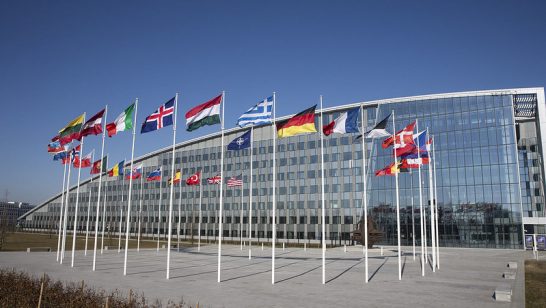On December 15th, the ELN, in cooperation with the Polish Institute for International Affairs (PISM), will host a high level symposium in Warsaw examining attitudes in European NATO countries to the NATO Deterrence and Defence Posture Review (DDPR). Topics for discussion will include approaches to re-invigorating the NATO-Russia conversation, Ballistic Missile Defence, and policy options for reducing the number and role of non-strategic nuclear weapons stationed in Europe including in Russia. With ELN members Jan Kavan (former Deputy Prime Minister, Czech Republic) and Lord Browne of Ladyton (former UK Defence Secretary) hosting the event with Marcin Zaborowski (Director of PISM), the symposium will provide an opportunity for both political leaders and analysts to engage with these issues and develop possible solutions to address the more difficult areas within NATO-Russia relationship. The symposium will be preceded the evening before by a private dinner of senior east and central European political leaders who will come together to discuss similar issues and the role of the ELN in addressing them.
Event
| 17 November 2011
ELN Jointly Hosts High Level Symposium in Warsaw
Related content

Commentary
NATO 2030: “A global Alliance for all seasons”, reality or rhetoric?
The NATO Summit on 14 June will be the first of the post-Trump “NATO is obsolete” era. While the optics for a successful summit are good, Nicholas Williams and Simon Lunn consider its substance.

Media coverage
ELN Senior Network member Nathalie Tocci interviewed by PBS Newshour
ELN Senior Network member Nathalie Tocci represented European perspective on Biden presidency on PBS Newshour

Commentary
The Ukraine Crisis has brought the EU and NATO Closer
Ioanna-Nikoletta Zyga sets out three areas where EU-NATO cooperation can be actively improved in light of the Ukraine crisis
